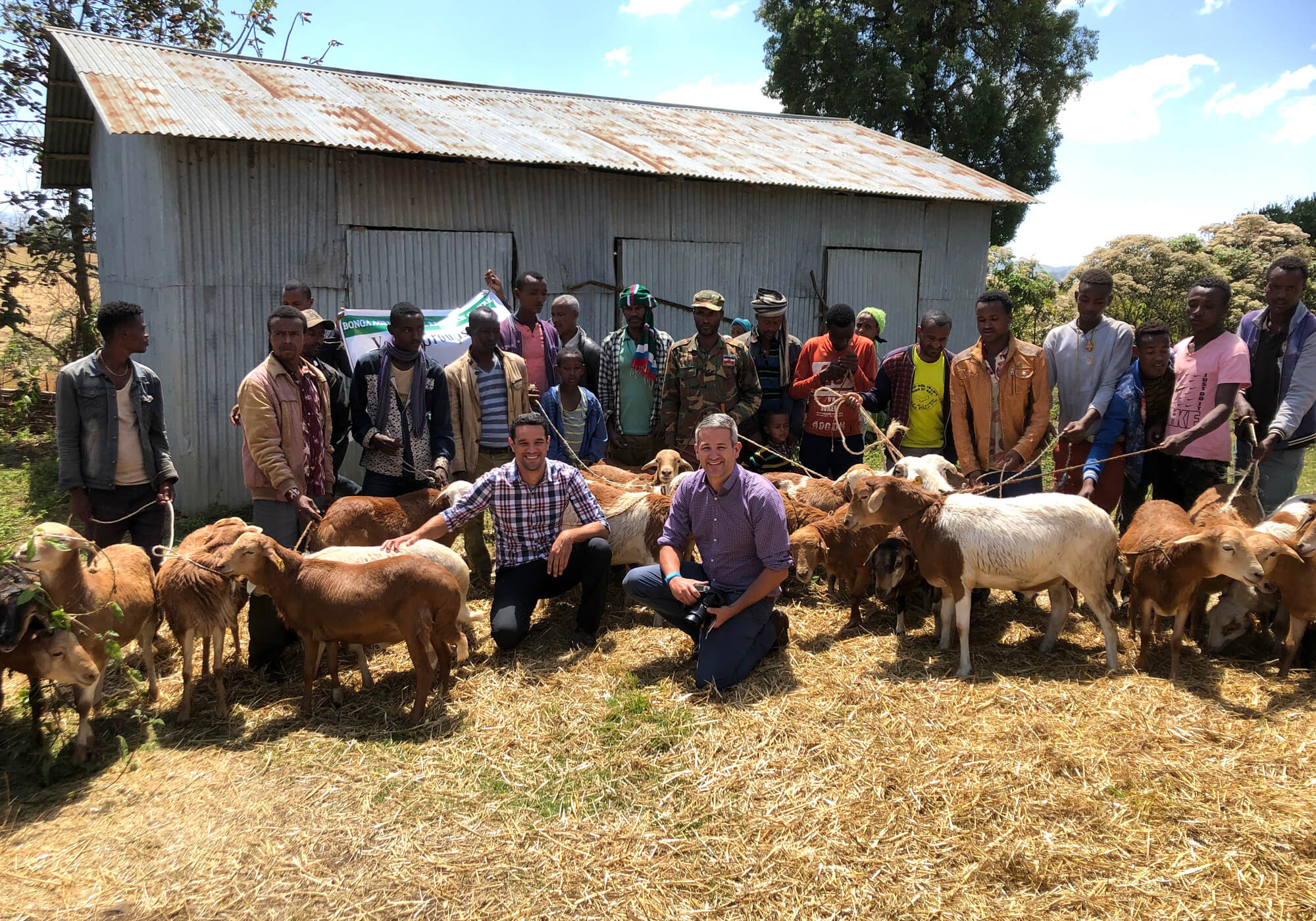AbacusBio consultants are working on a project to establish Dtreo as a technology platform to support breeding programmes in Africa.
The project is part of an initiative to expand the existing Community-Based Breeding Program (CBBP) for small ruminants in Africa.The CBBP project aims to improve livelihoods of small-holding sheep and goat farmers by implementing sustainable breeding schemes.One of the biggest challenges for the small ruminant industries in Ethiopia and Tanzania is low productivity, primarily due to high lamb and kid mortality, low growth rates, and long lambing and kidding interval.The CBBP has so far resulted in the effective delivery of improved livestock and seeks improvements in production systems, policies, and institutional arrangements to maximise the long-term effectiveness of genetic interventions.The effective implementation of genetic improvement programmes however depends on technology infrastructure to collect, store, and process performance data and pedigree information.”This will rely on a user-friendly system that deals with information flowing from farmers to the CBBP technical team, which reports back to the farmers,” AbacusBio consultant Mark Teviotdale says.The CBBP has been initiated from a partnership between the International Center for Agricultural Research in the Dry Areas (ICARDA) and the Brazilian Agricultural Research Corporation (EMBRAPA). The collaboration with AbacusBio has been established through the use of Dtreo and supported by the New Zealand Ministry of Foreign Affairs and Trade (MFAT).Dtreo is a cloud-based data capture system developed by AbacusBio in New Zealand. The platform targets performance data recording, analysis, and reporting in livestock production systems for commercial, government, and aid projects, where infrastructure for agricultural industries limits data collection and genetic evaluation.”The virtual environment will consolidate, refine, and out-scale the implementation of effective CBBPs in Ethiopia and Tanzania.”It will also involve the release of the tool for existing participants and the development of a mobile application that facilitates interaction between farmers and the CBBP team.Mark and fellow colleague Bruno Santos recently visited Ethiopia and Tanzania to provide technical workshops, training, and deployment of the Dtreo platform.One of the main reasons for the trip was to scope requirements for developing the mobile application. During this period, a series of community site visits also provided insight to the functionality of Dtreo and helped inform a critical analysis of its implementation and future chances of success.
The project is a collaboration between CBBP and MFAT.
